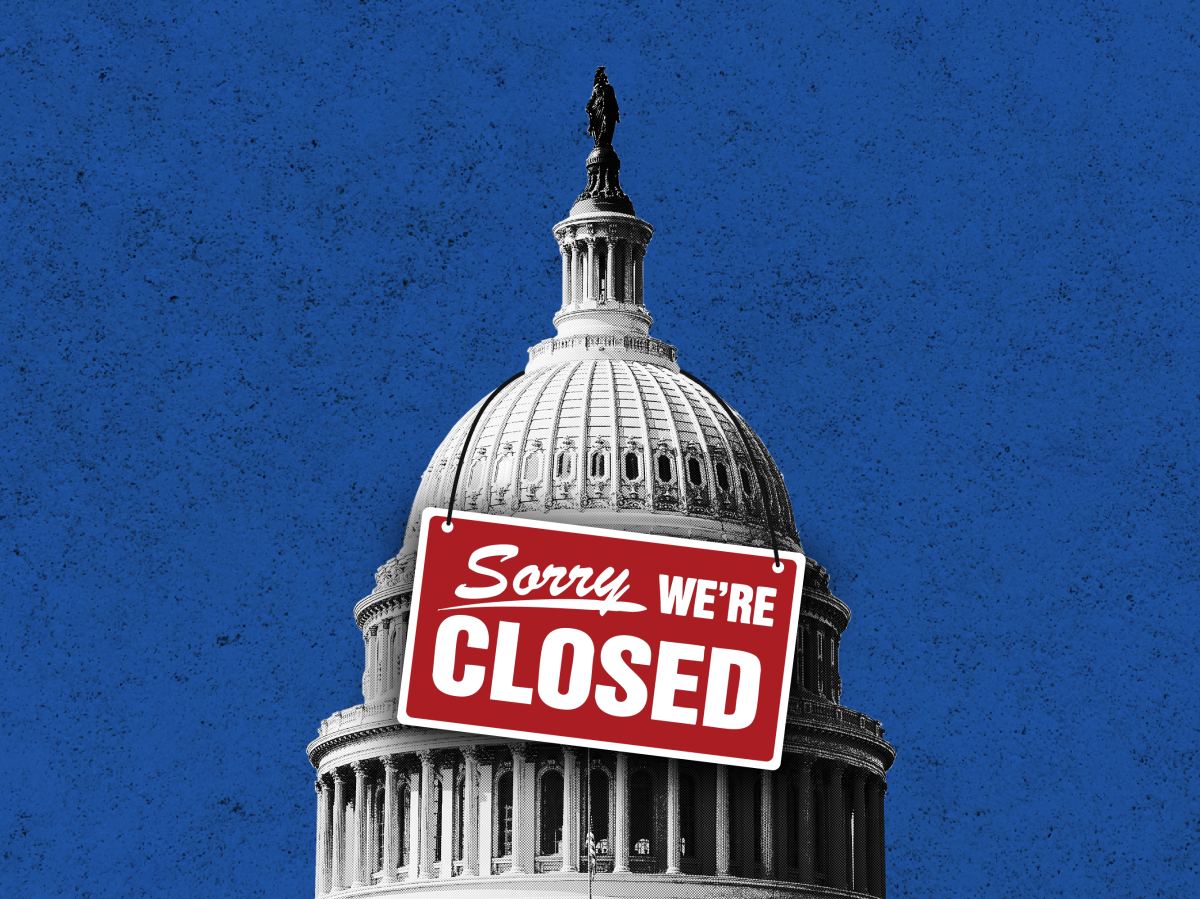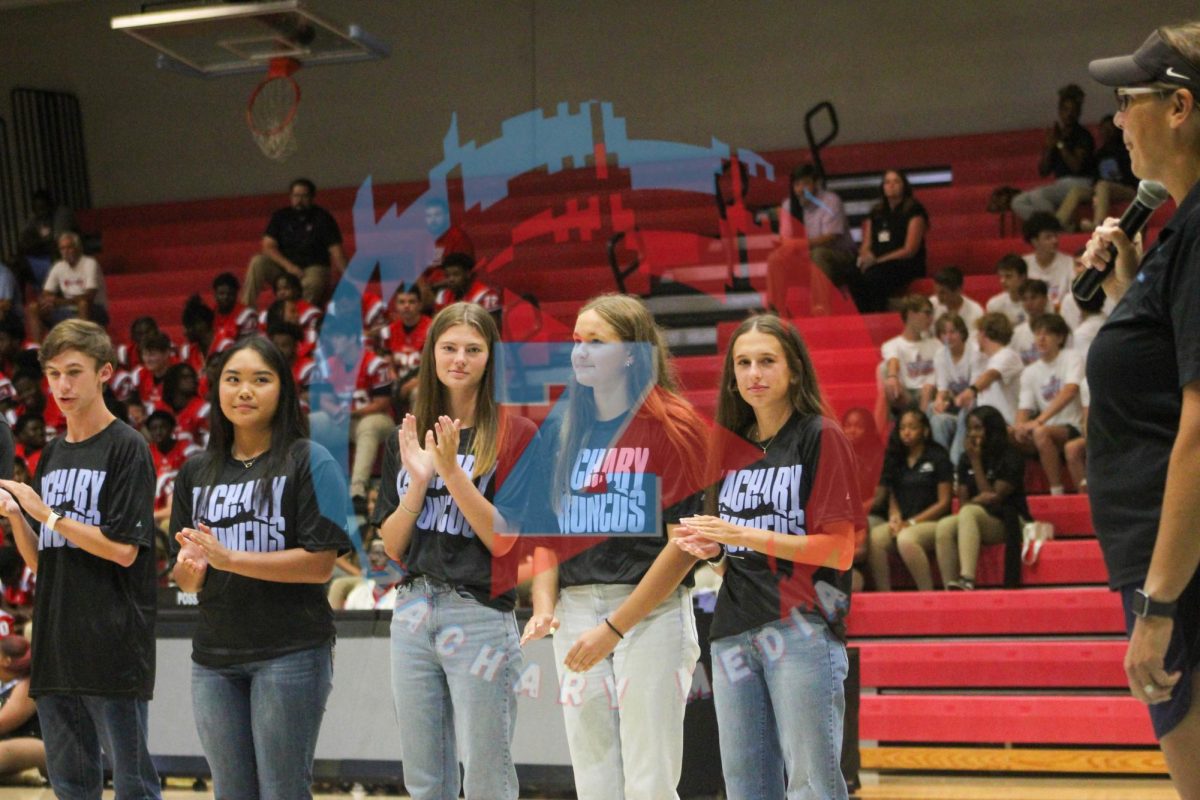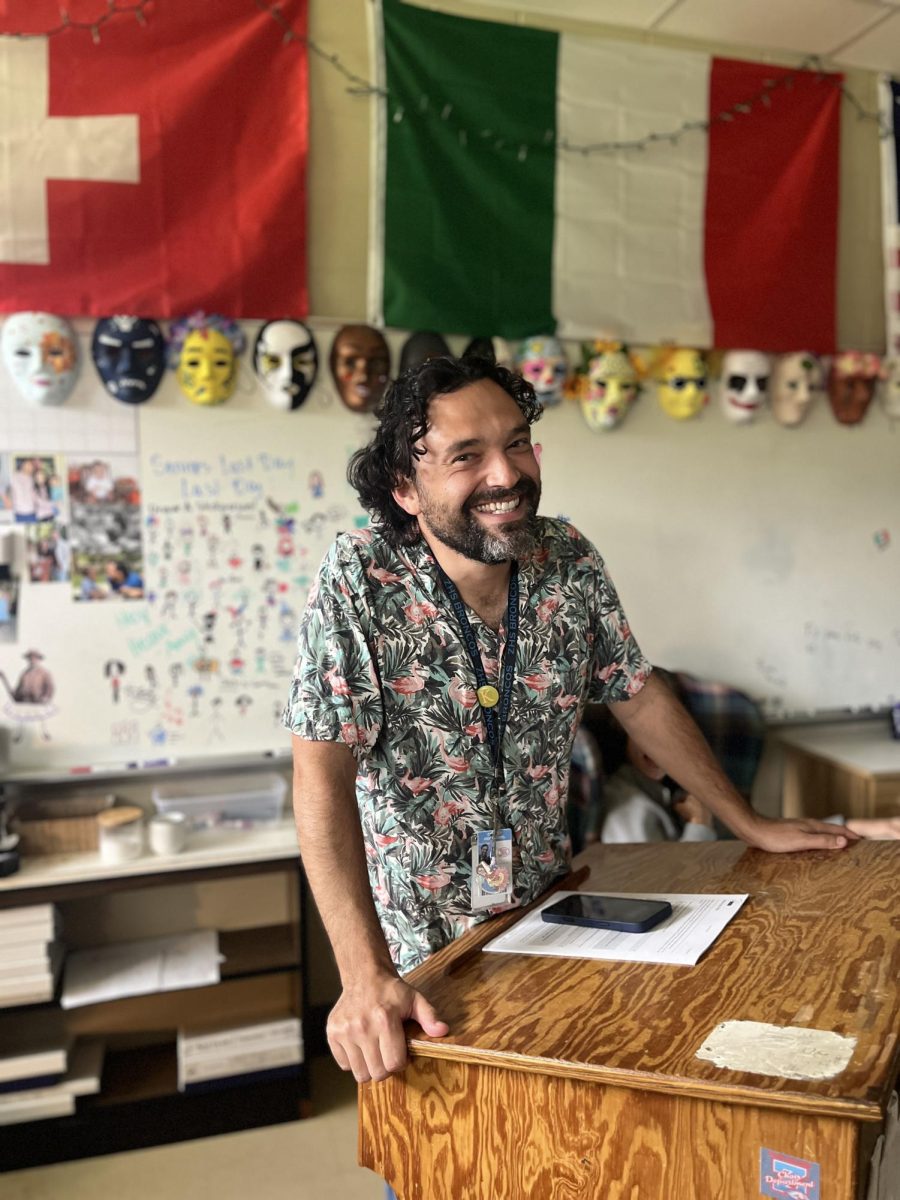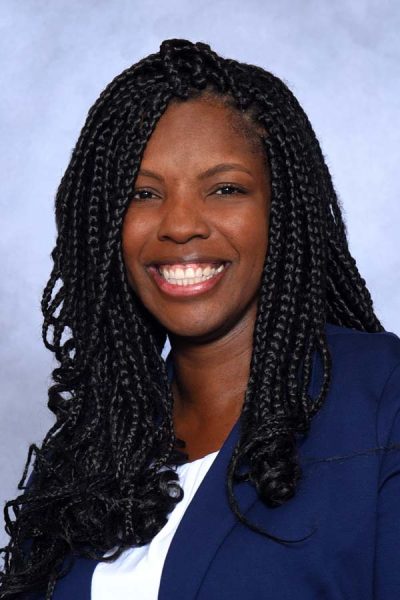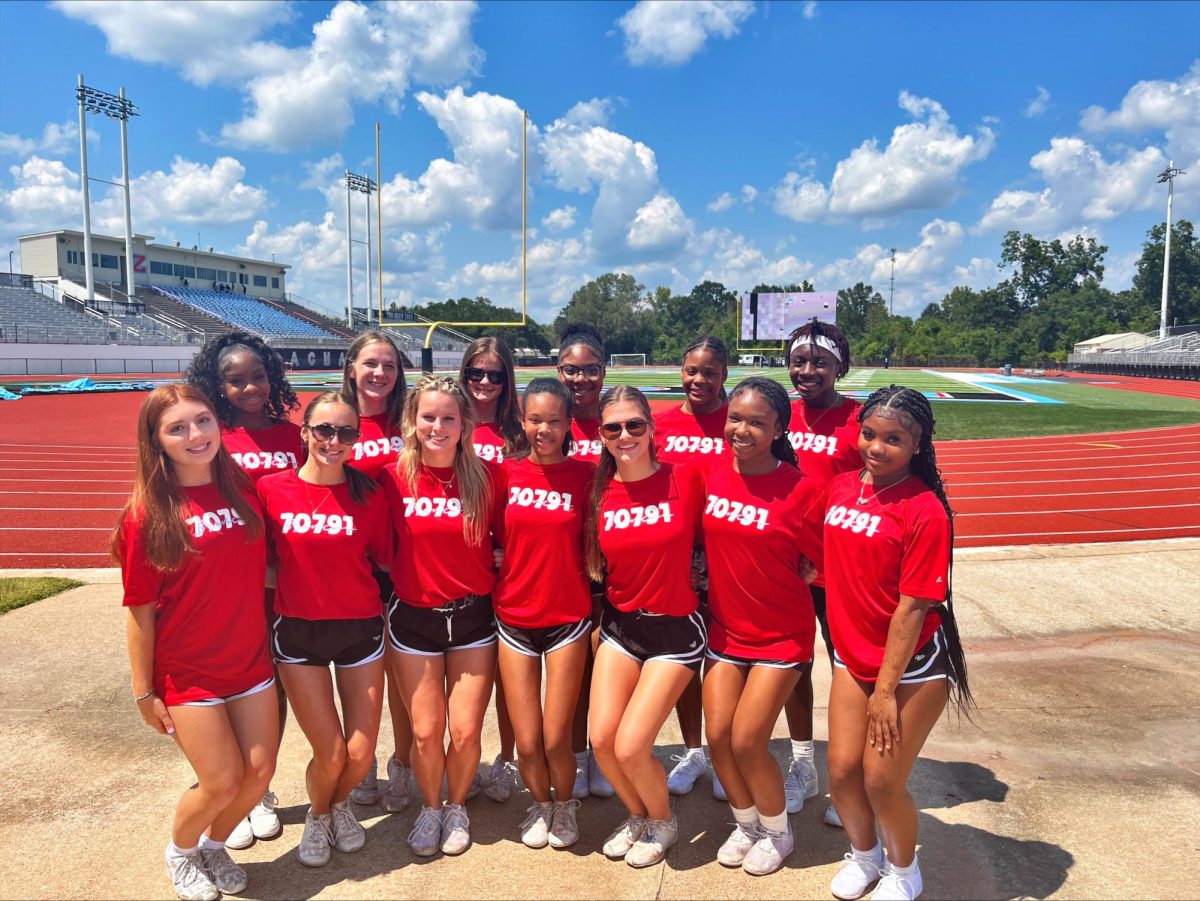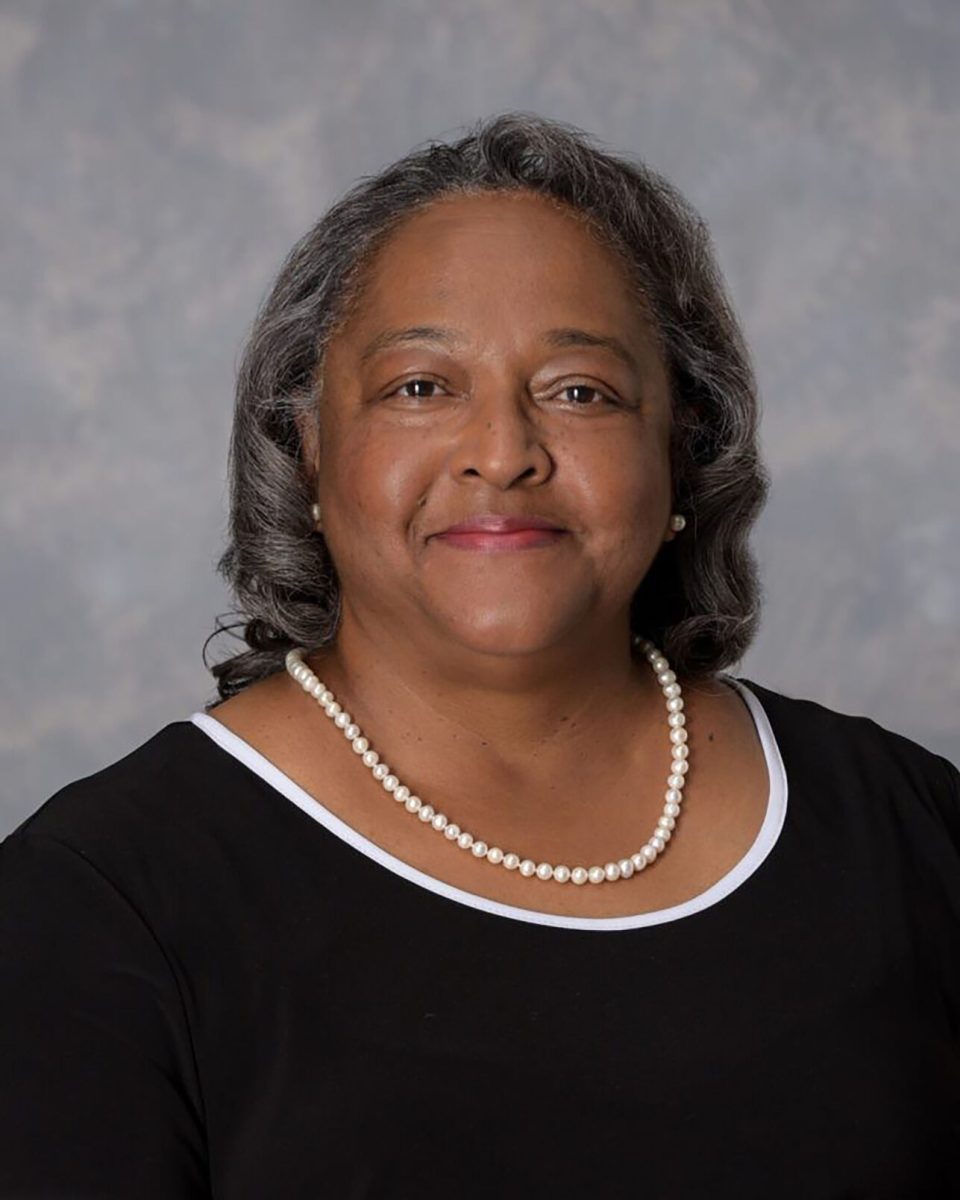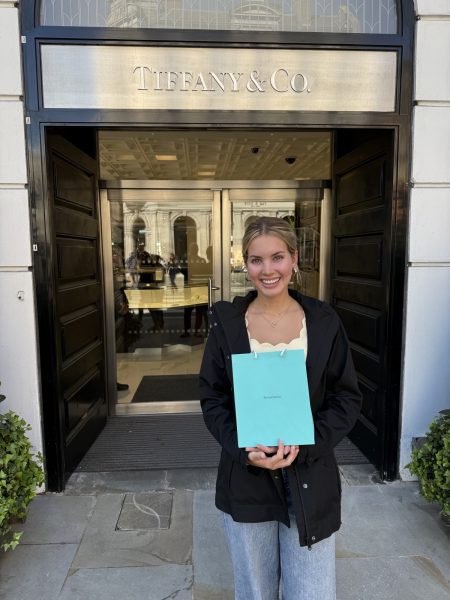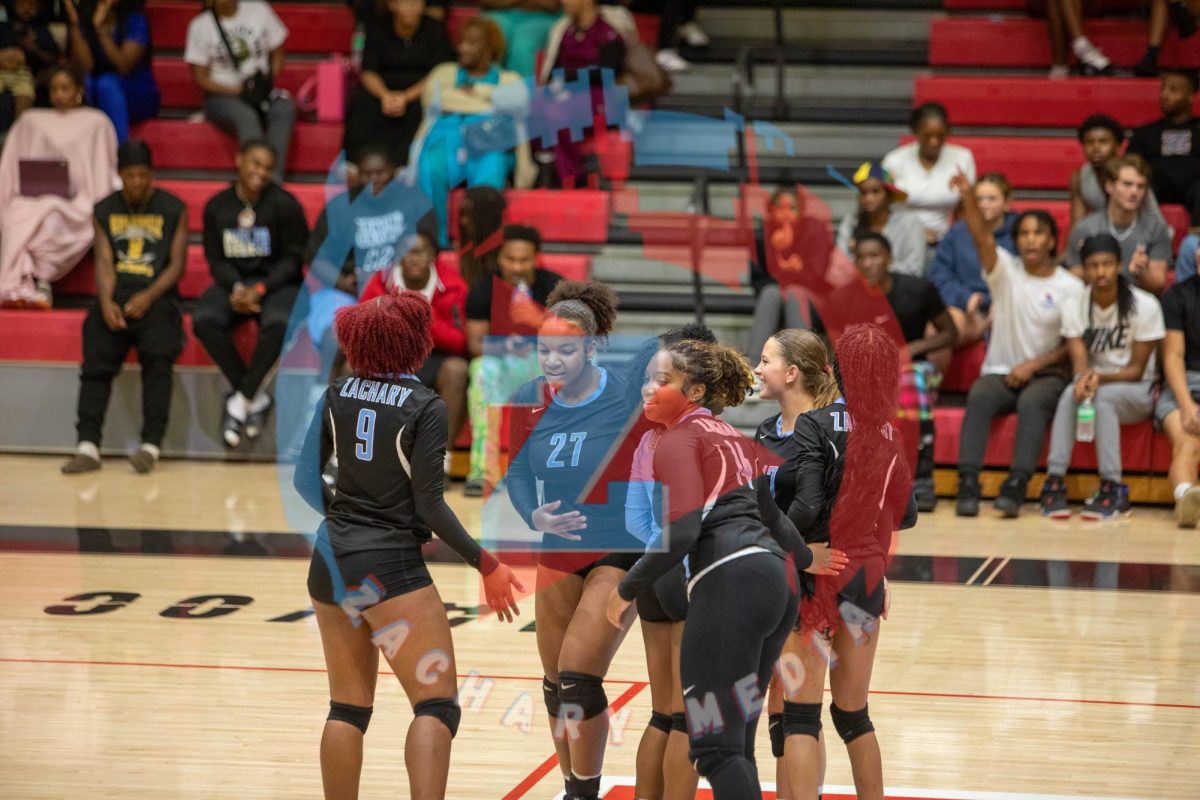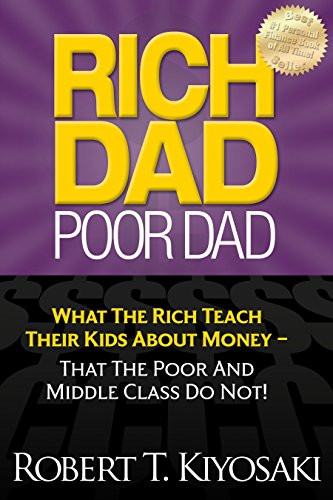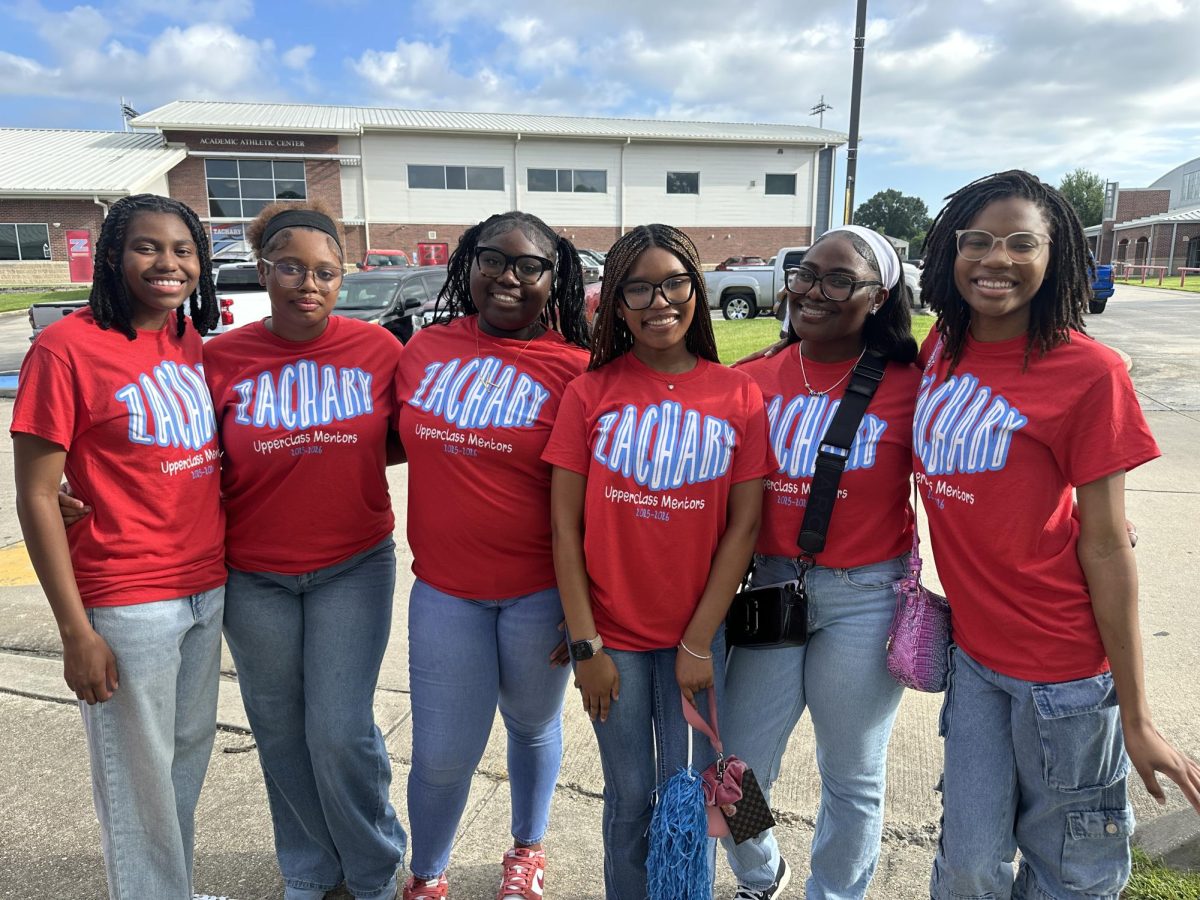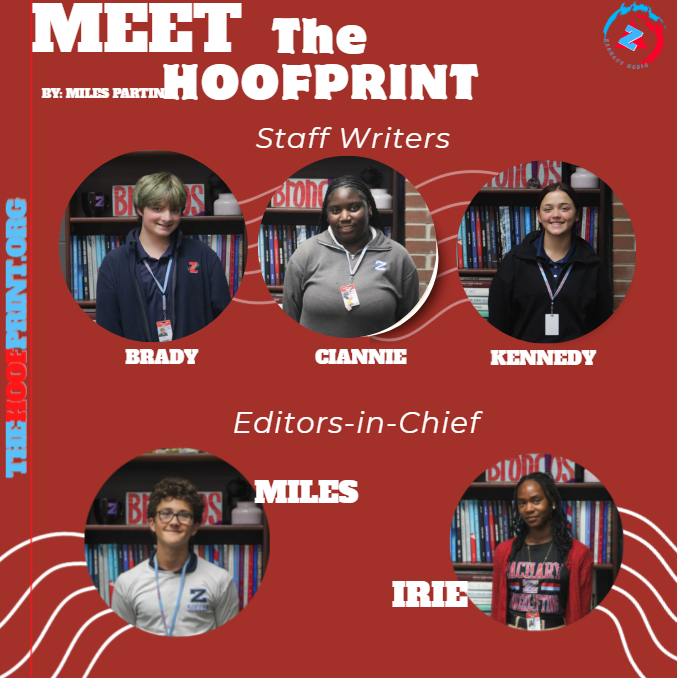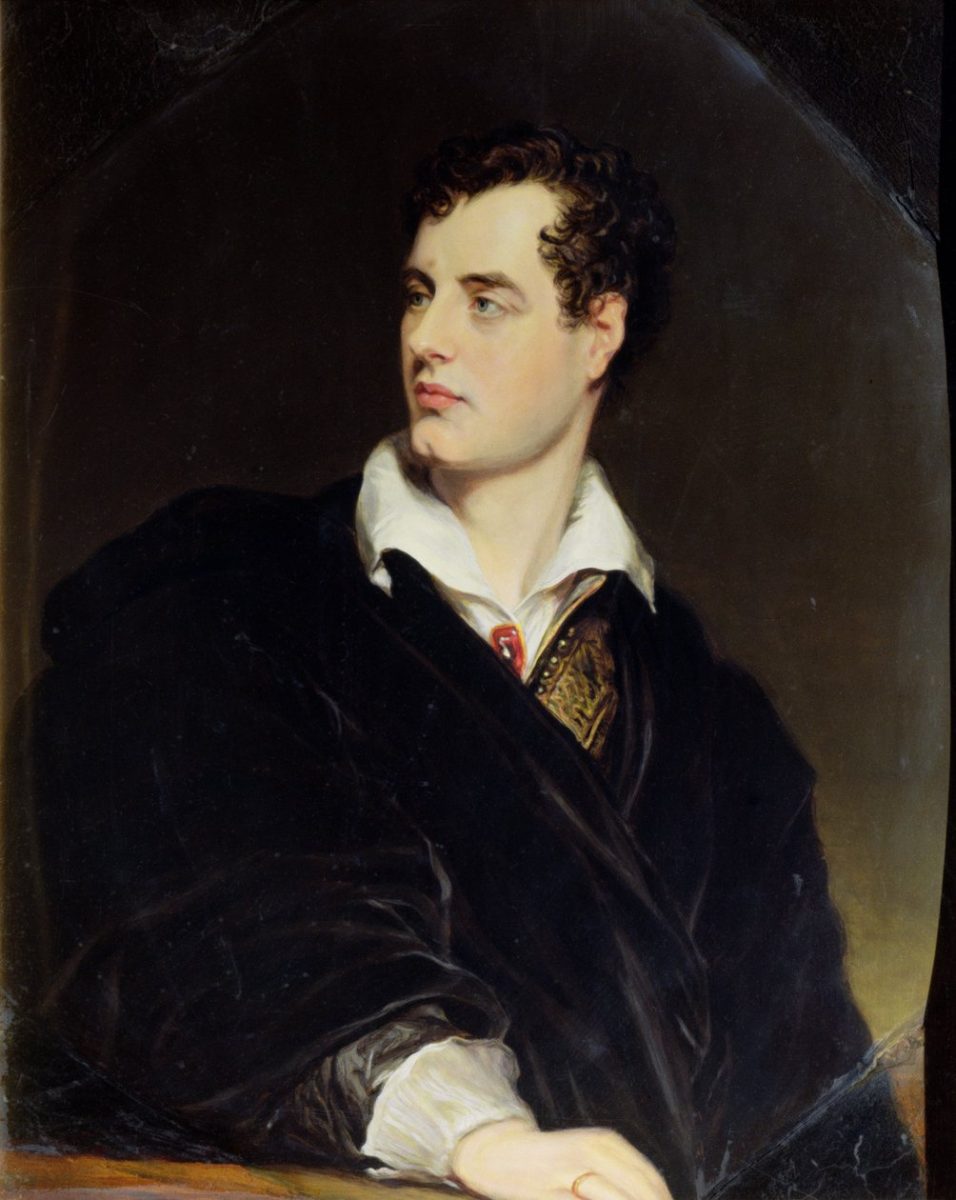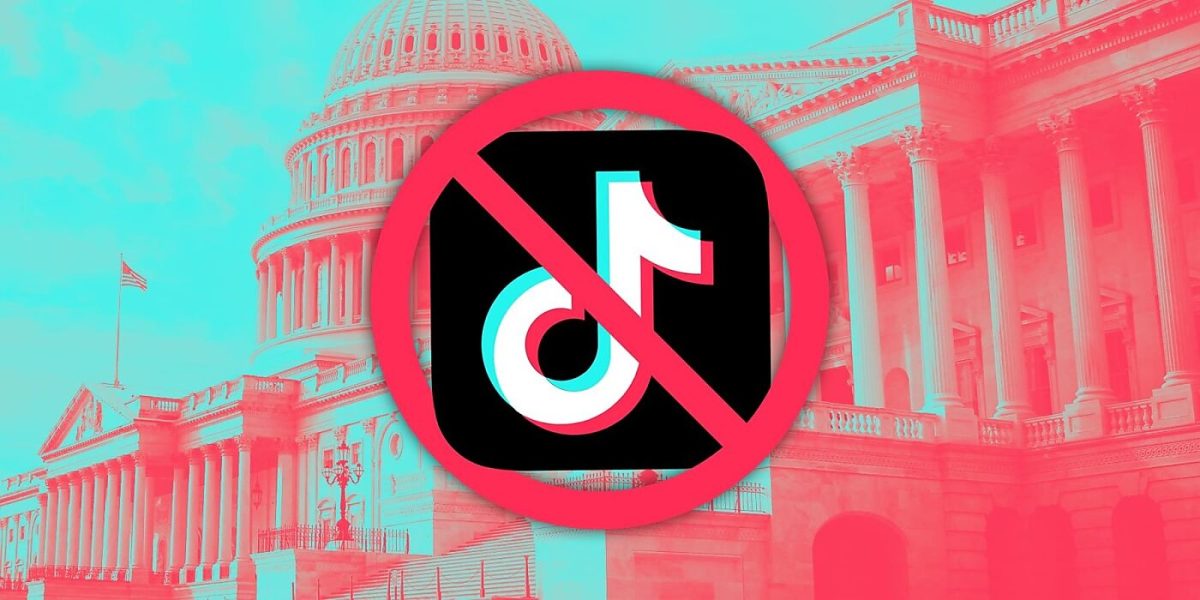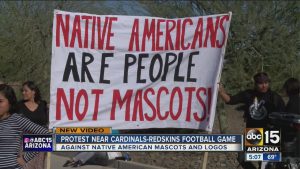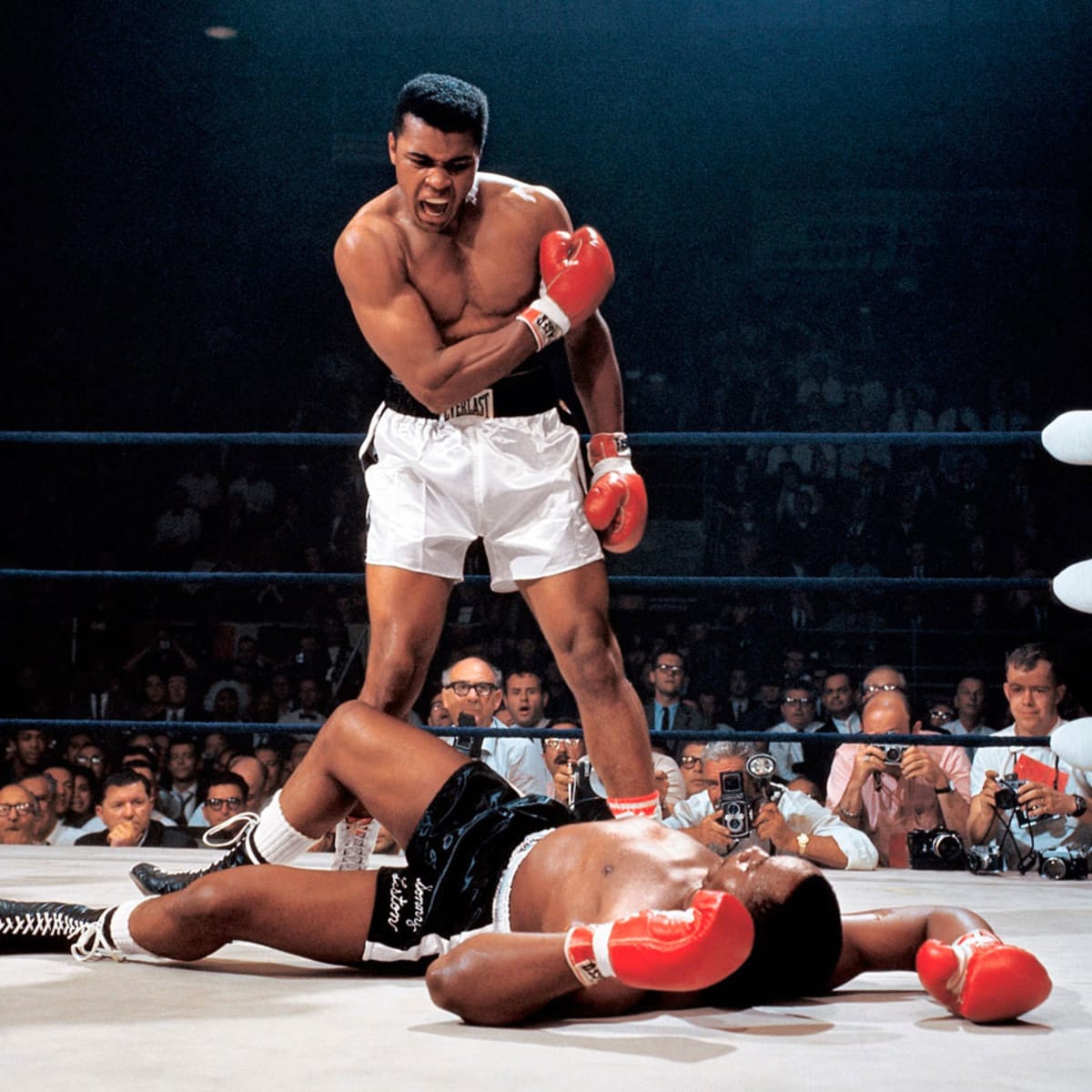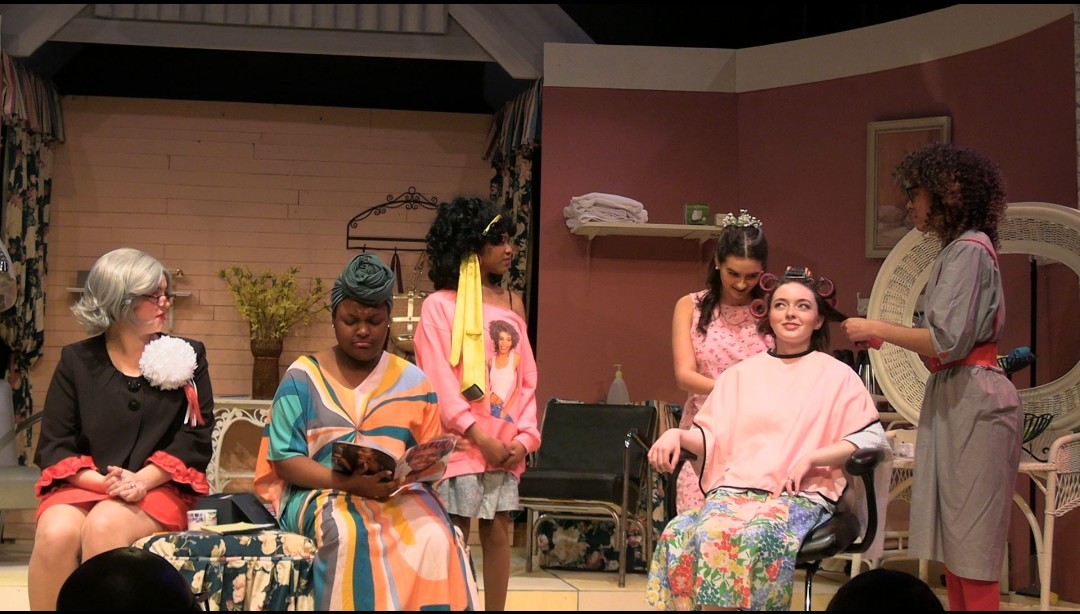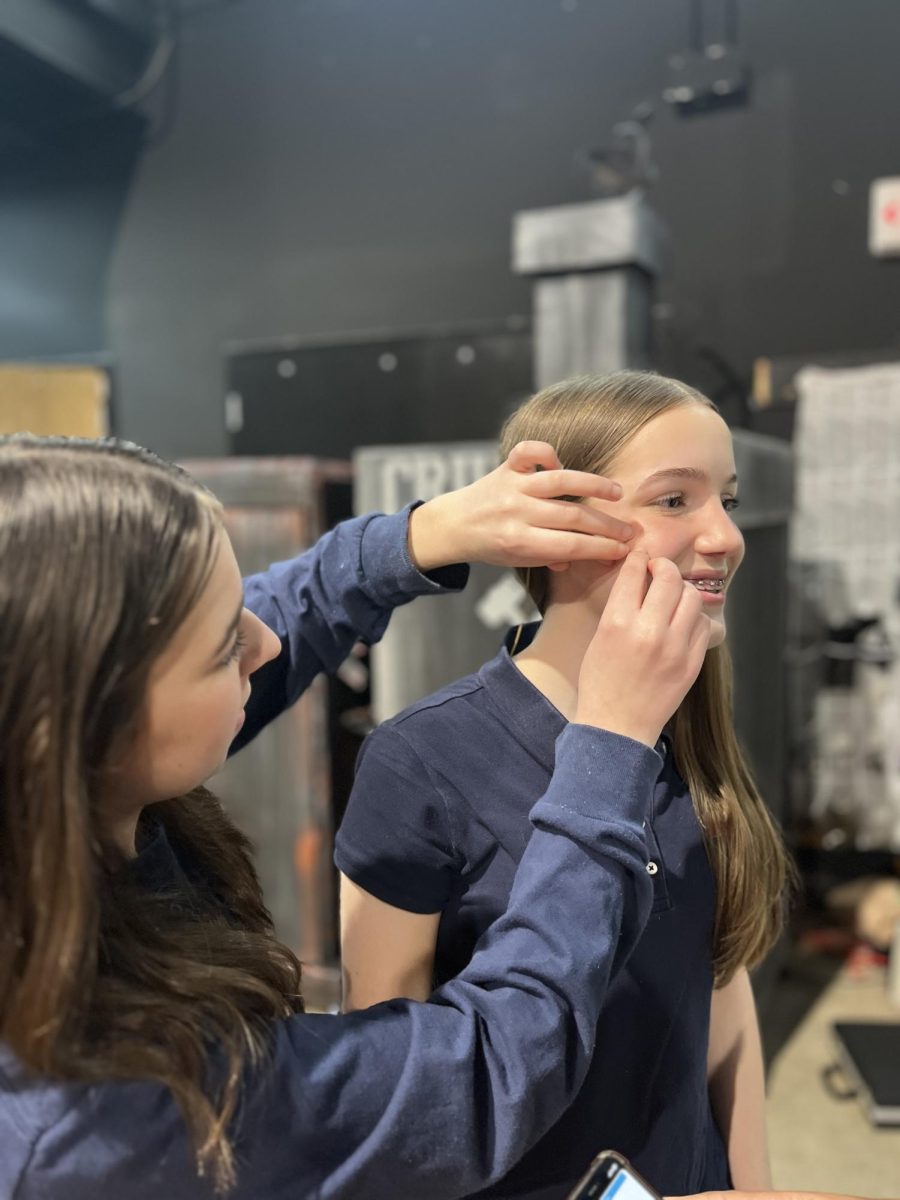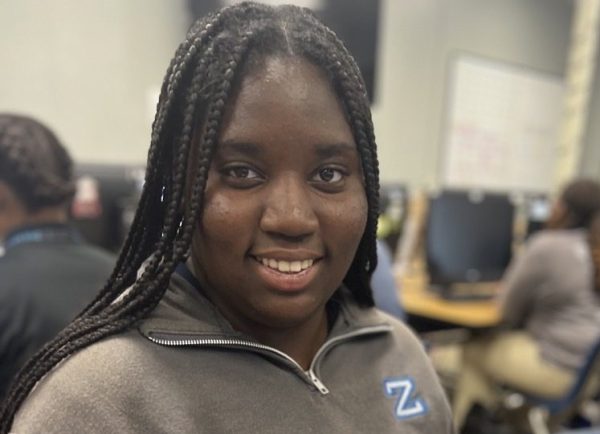Brittany Lawrence is the owner of Zen-Jus, a juicery and wellness shop that has been in operation for five years. Lawrence delivers juices, smoothies, smoothie bowls, and a variety of healthy toasts to the Zachary community.
The shop started at the local farmers’ market, where Lawrence sold refreshing juices made from fruits and vegetables. It took her some time to expand the business; she had to learn everything from ingredients to finances.
“[The hardest part was] learning the customer base and even the juices, you know, what combinations of juices with my customers like. And then, just learning everything else from there, the financial side of it,” Lawrence said.
She was motivated to start her business when she noticed Zachary had few healthy options. During COVID-19, she opened a juice bar and began selling the healthy options Zachary desperately needed. She was not alone in starting her business; her family constantly encouraged her throughout the process, especially her father.
Lawrence believes that Zachary is gaining more and more Black-owned businesses, but she knows the community still has room to expand. She brings light to the fact that Black business owners often face hardships when opening a business. Therefore, she always tries to support Black-owned businesses around town, especially during this month.
“There’s not as many opportunities out there for us. And if there are, we don’t know about them. They’re not really presented to us,” Lawrence said, “So, I just make a point as much as I can to make sure that I am supporting [Black business owners] this month and then putting out their business information to the community [and] reposting them on my page as well,” Lawrence said.
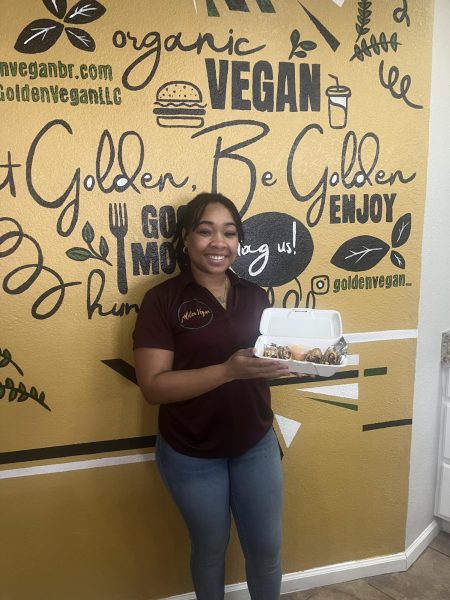 Neisha Rowe, the owner of Golden Vegan, a vegan and plant-based restaurant, provides traditional vegan food.
Neisha Rowe, the owner of Golden Vegan, a vegan and plant-based restaurant, provides traditional vegan food.
“I transitioned to a vegan lifestyle, and once I learned how to make vegan food, it became very apparent that there is a scarcity of vegan restaurants,” Rowe said.
Golden Vegan started in 2021 as a YouTube channel and a vending machine, but it quickly turned into so much more.
However, Rowe’s love of cooking healthy foods for others began long before Golden Vegan even existed. Her passion started when she was a first-grade teacher and decided to sell vegan tacos at the school.
“I had an idea one day to just sell some vegan taco flakes for Taco Tuesday. And once I saw how many people were interested, that is what made me want to keep doing it,” Rowe said.
Rowe had a hard time when she first opened her restaurant, needing to learn more about running a restaurant and doing everything by herself for the first year and a half. But she overcame those hardships by believing in herself and devoting her time to working hard on her business.
Nonetheless, Rowe persisted, and Golden Vegan has become another successful Black-owned business.
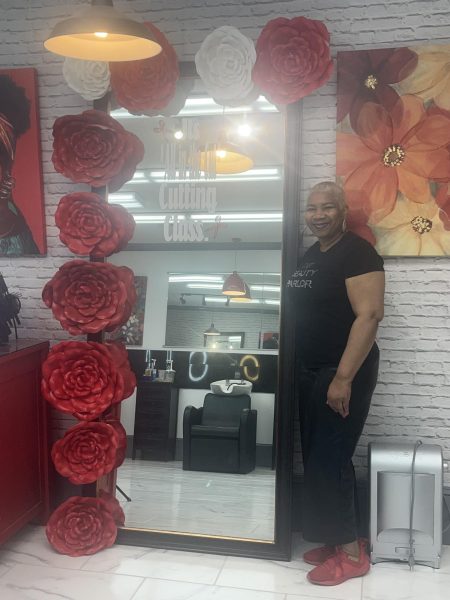 Acena Shropshire is the owner and operator of Beauty Parlor. She specializes in short hair and teaching other students how to master haircuts. Open for 40 years now, Shropshire has been in the hair business since childhood, as she was raised in the industry by her grandparents.
Acena Shropshire is the owner and operator of Beauty Parlor. She specializes in short hair and teaching other students how to master haircuts. Open for 40 years now, Shropshire has been in the hair business since childhood, as she was raised in the industry by her grandparents.
“I was always in the salon with them doing little stuff with shampoo and washing towels, doing whatever needed to be done, sweeping up hair. And my grandfather decided to build me a shop,” said Shropshire.
Shropshire’s biggest challenge thus far has been building a successful staff. In the hair business, many stylists only stay at one salon for a limited time, so keeping employees can be challenging.
“The only downside to that I can say experience is maintaining a strong team,” Shropshire said, “When you come out of the beauty industry, everybody wants a renowned for instance.”
Shropshire created her product to help anyone with their hair care. She also has a hair oil that encourages hair growth and healthier hair.
Shropshire doesn’t think there are enough Black-owned businesses because it can be challenging for Black-business owners to make enough profit to stay afloat.
“I created my own product. It’s called Rosemarie. And I have my own hair grow oil that really works for anyone that’s experiencing baldness,” Shropshire said.
Shropshire doesn’t think there are enough Black-owned businesses because it can be challenging for Black-business owners to make enough profit to stay afloat.
“I think it’s hard for them to hang in there. And even if they start a business alone, it is hard because of the overhead,” Shropshire said.
This black history month let’s support our black-owned businesses. We must celebrate the achievements of people of color, as everyone deserves an equal opportunity to create and share their passions.

